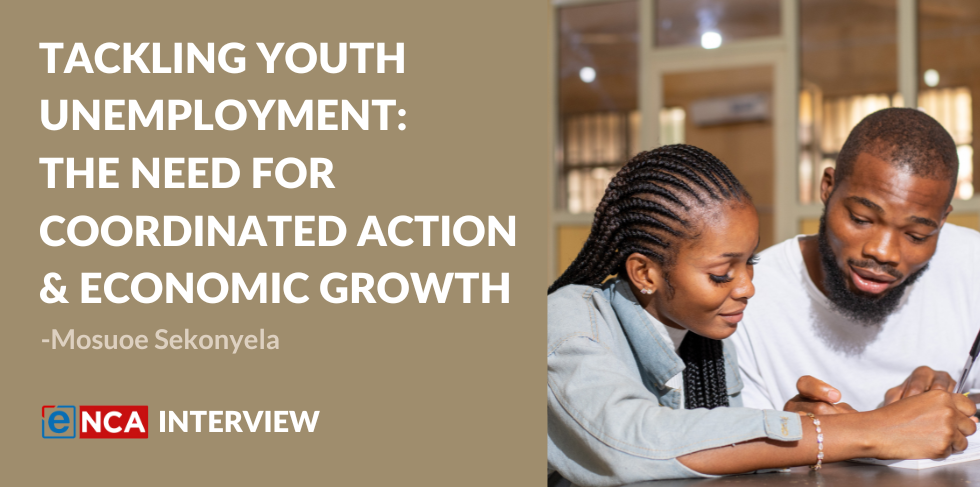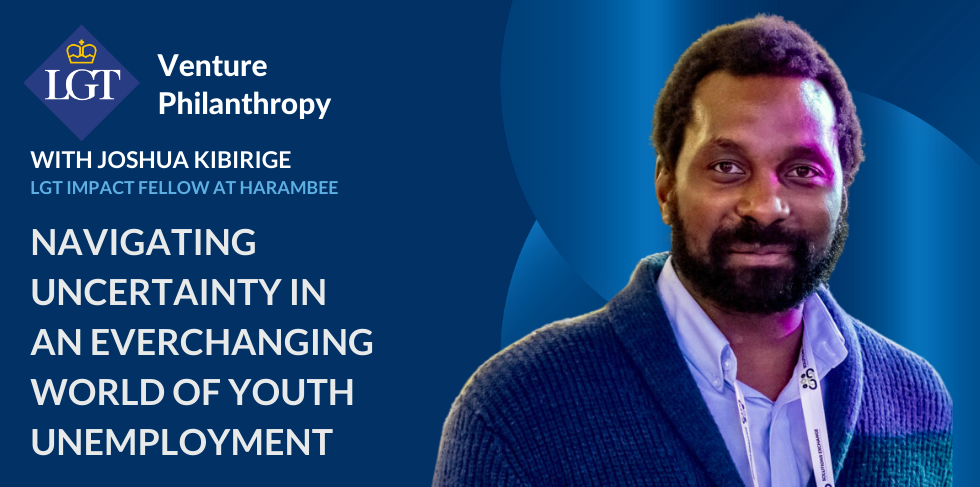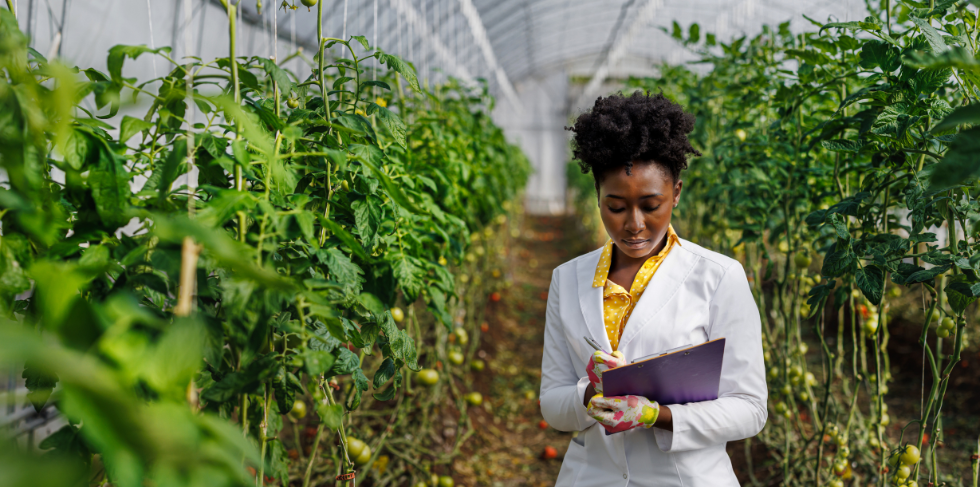From our daily engagements with young people at Youth Capital and the Centre for Social Development in Africa, we know that most are proactive, energetic and resilient. Young people are ready to contribute to the economy and pursue sustainable livelihoods. But endless rejections, the lack of financial resources and deep-seated barriers have left them in a state of limbo – locked out of the mainstream economy.
Abulele Zungula is one of them. She has read countless blogs on writing CVs and watched many job-application-tips videos. She has been trying for several years to find a job, with no luck. Abulele spends most of her time at an internet café in Khayelitsha applying for jobs, but seldom receives a response. She lives with five relatives who are financially dependent on Abulele’s aunt – the only employed person in the household – and they rely on monthly child grants.
According to Youth Capital, young South Africans are estimated to spend nearly R1 000 each month on data and transport costs associated with finding employment. This is a substantial cost considering that more than 13.8-million people live below the food poverty line of R890 per month.
For example, Abulele’s neighbour, Nwabisa Mlakalaka, spends R20 every time she goes to the internet café – and she is there several times a week. Lusindiso Thyulu, who lives in the neighbouring township of Nyanga, has been unemployed for five years; he is about to turn 35 and is worried about being termed “unemployable”.
Abulele, Nwabisa, and Lusindiso recently shared their experiences of unemployment with filmmaker Sam Flans in the short documentary film ‘I have been trying’: Eight years without a job. As the only young person employed in his neighbourhood, Sam wanted to capture the personal challenges and systemic barriers young people face when looking for employment.
Despite the many interventions initiated by government, business and civil society to address youth unemployment, six out of 10 young South Africans between the ages of 15 and 35 are not economically active, and nearly two million young job-seekers are discouraged, having given up hope on finding a job. Why? Largely because these interventions are not centred on young people’s lived experiences and therefore don’t address young people’s real needs.
Integrating solutions
The daily challenges that make job-seeking expensive and difficult are the high cost of data, the lack of low-cost public transport options and the spatial legacies of apartheid that keep black Africans away from economic hubs. We need to reduce these barriers to make job-seeking more accessible for the majority of young South Africans. But it doesn’t end there: we also need to establish pathways for sustainable economic livelihoods and make them visible to young people.
This would empower young people with the necessary information to navigate their next steps in productive ways by growing the skills that employers seek, and applying for positions that match their skills. Because of this complex interplay of factors, we have identified two key levers that, when scaled and integrated with the ongoing work of government, the private sector and civil society, can truly unlock the potential of young people. These levers are skills matching and making job-seeking platforms more user-friendly.
Lever one: growing and matching skills
Youth employability programmes provide support, guidance and skills training to young people; but often, young people move in and out of these programmes without finding profitable and sustainable next steps. The Siyakha Youth Assets Study by the Centre for Social Development in Africa found that to make an economic impact, these programmes must bring young people into direct contact with employers who are looking for certain skills and orientate training to employer demands (a process called matching).
The type of training offered also has a role to play in growing relevant skills among young people. The study found that developing transferable skills, over and above technical skills, improves employment prospects for young people who are part of youth employability programmes. In the absence of educational qualifications or skills matching, transferable skills are a key aspect in determining employment.
Furthermore, programmes targeted at youth need to see young people and their challenges holistically and provide tailored, comprehensive and ongoing support for young job-seekers. Currently, the Basic Package of Support for youth not in employment, education or training – a programme to promote the social and economic inclusion of a large group of youth who are currently disconnected from labour market, training opportunities and other services – is being piloted in a number of areas across South Africa. Young people also require easily accessible continued support and opportunities to keep looping back into programmes so that they have less chances of falling through the cracks.
Lever two: leverage chatbot and low-data technologies
It has been estimated that using data-free platforms can reduce data costs for young job-seekers. One such platform is SA Youth, which provides young people with learning, earning and volunteering opportunities through a data-free site and a toll-free contact centre. SA Youth is part of the Presidential Youth Employment Initiative, and the platform is supported by Harambee Youth Employment Accelerator and its partners.
Incorporating chatbot technology such as WhatsApp, a channel widely used by the majority of internet users in South Africa, could further lower costs. It’s encouraging to see organisations such as Mintor using chatbot and artificial intelligence technology to build a platform where young people are able to write their CVs via WhatsApp or low-data platforms. The virtual career platform JobStarter uses a guided, personalised user experience to help young people build their CVs.
But affordability is only the first step; to be truly transformational, platforms such as SAYouth must be co-created with prospective employers that actively list vacancies and opportunities, and that signal the skills that are in demand right now.
What we urgently need is to pull the right levers that can shift the barriers to real economic participation. There are existing solutions and technology that can unlock young people’s potential by matching their skills and talent to opportunity, and reduce the cost of looking for work, but these must be scaled and integrated across the different sectors.
We also need to ensure that young people are constantly engaged to ensure these solutions are as effective as possible and address their current realities. We can’t delay this any longer: the time for this collaborative and integrated approach is now.
Source: https://mg.co.za/opinion/2022-08-03-how-to-bring-young-people-into-the-south-african-economy/ . Published 3 August 2022. Kristal Duncan Williams is the project lead at Youth Capital, a campaign advocating for youth-centred and evidence-based solutions to youth unemployment. Clotilde Angelucci is the communications and network strategist at Youth Capital. Senzelwe Mthembu is a researcher at the Centre for Social Development in Africa.





 Stay Connected
Stay Connected



